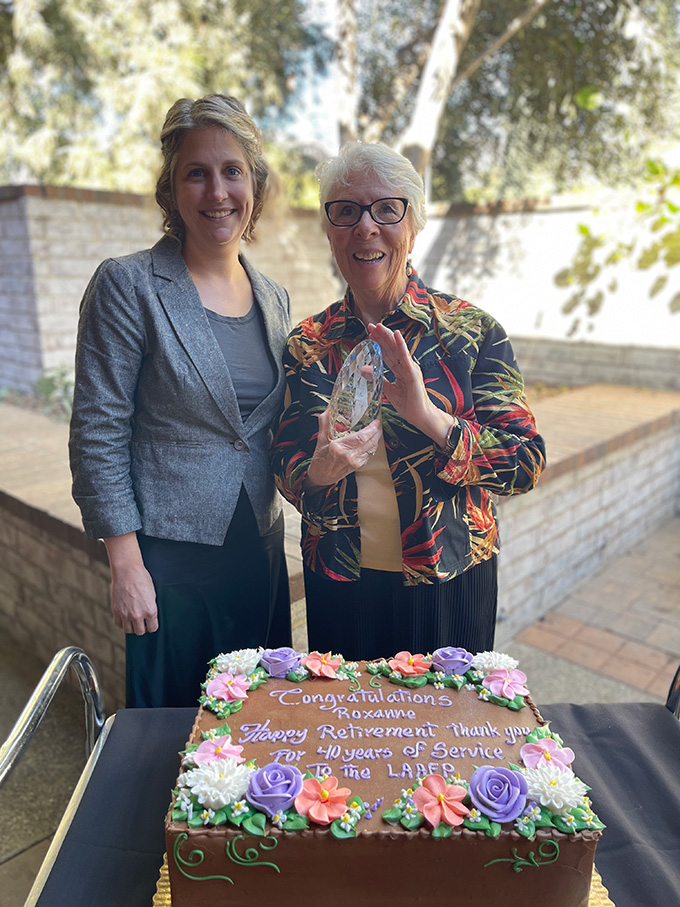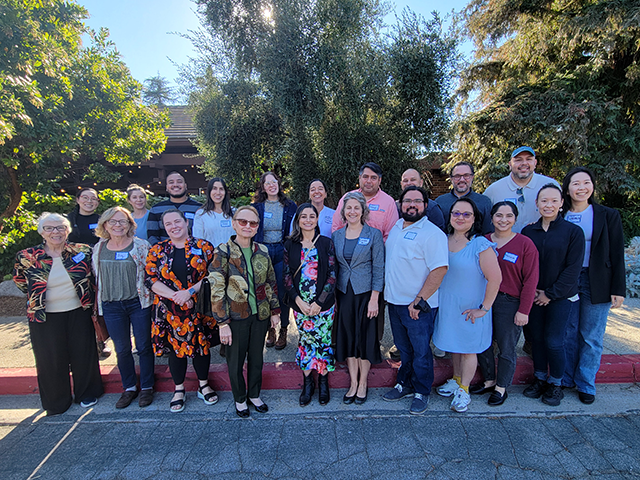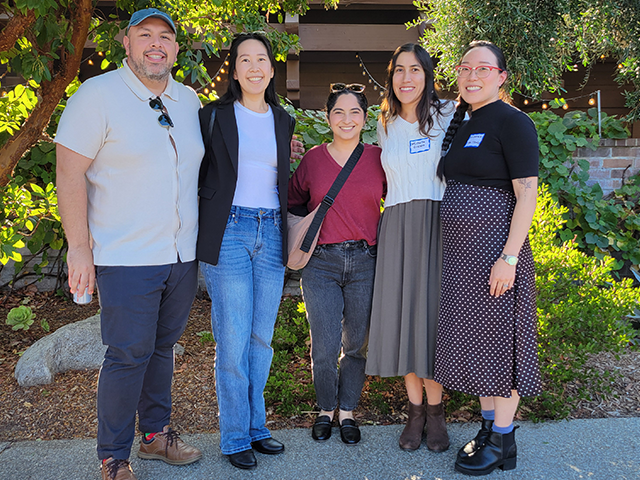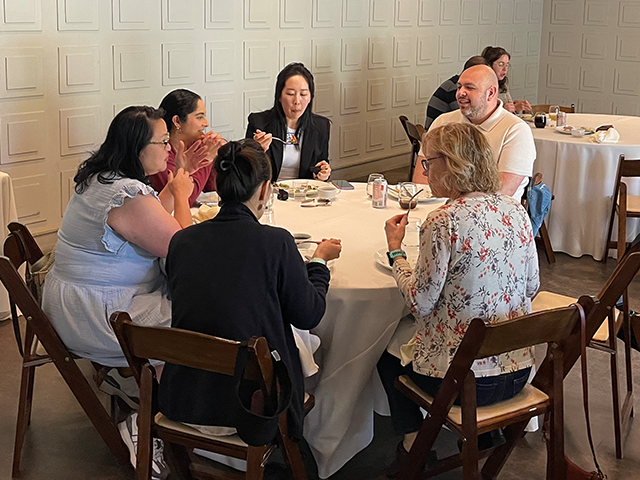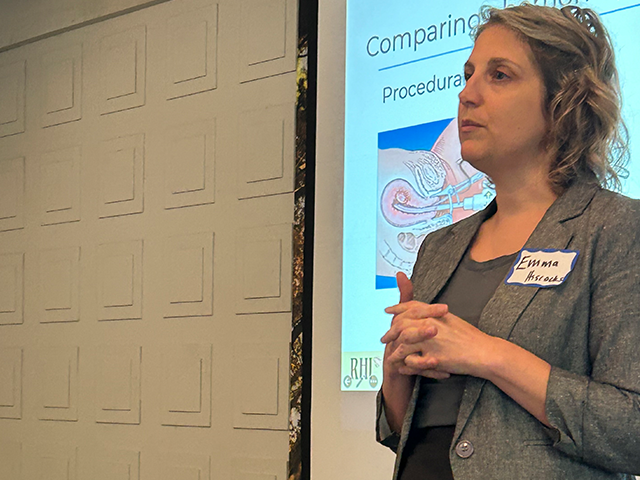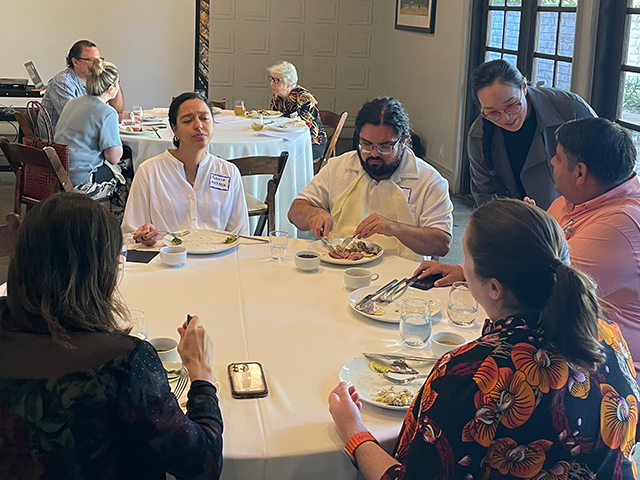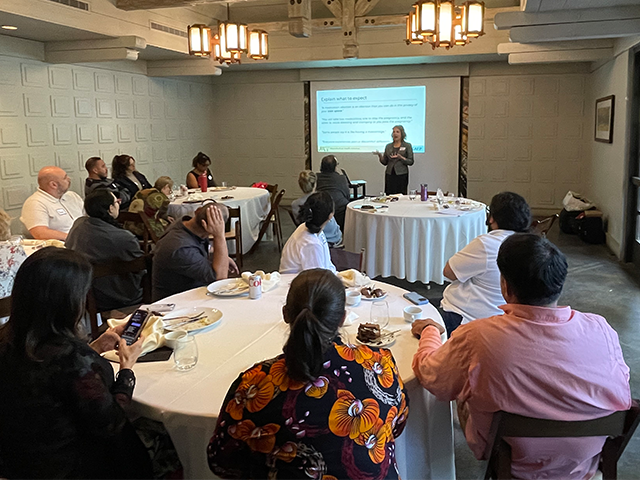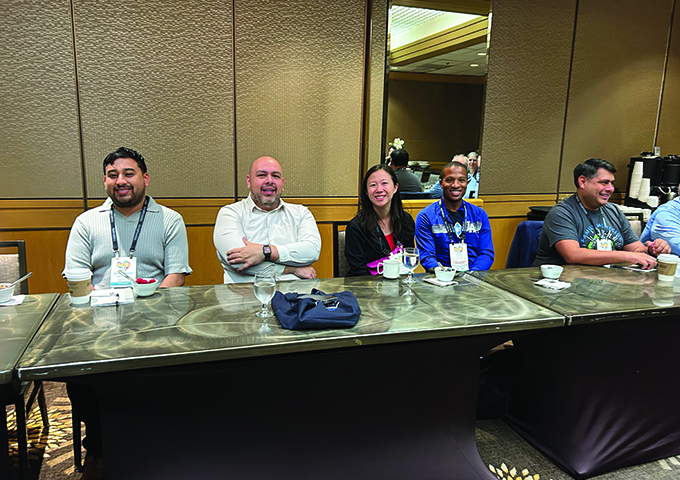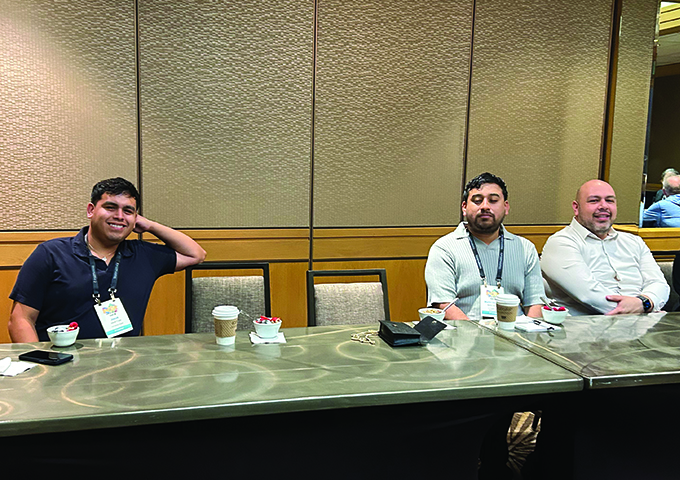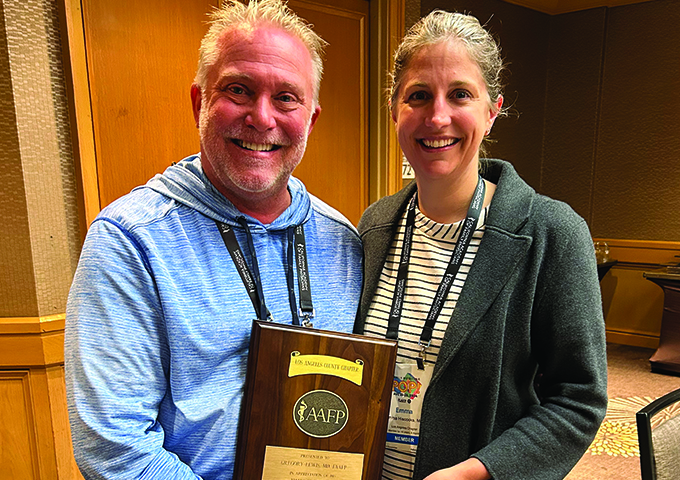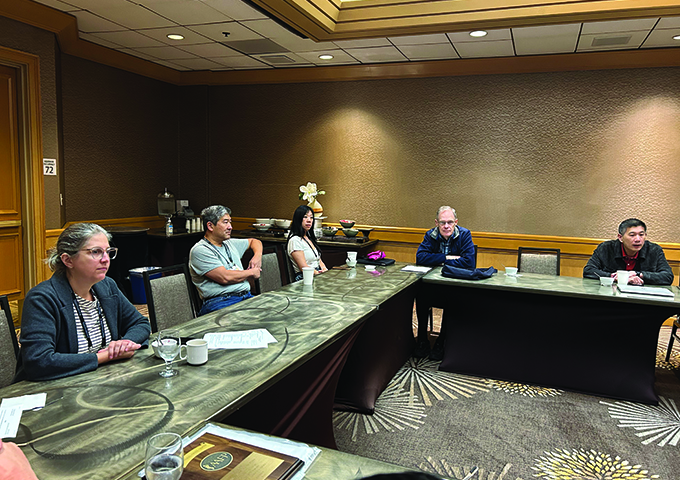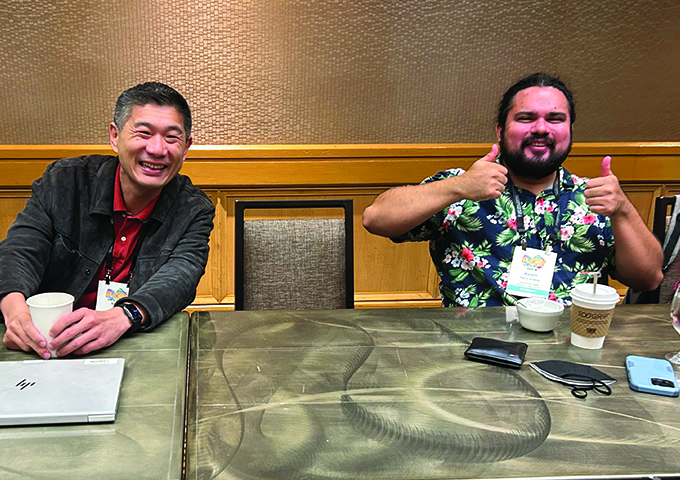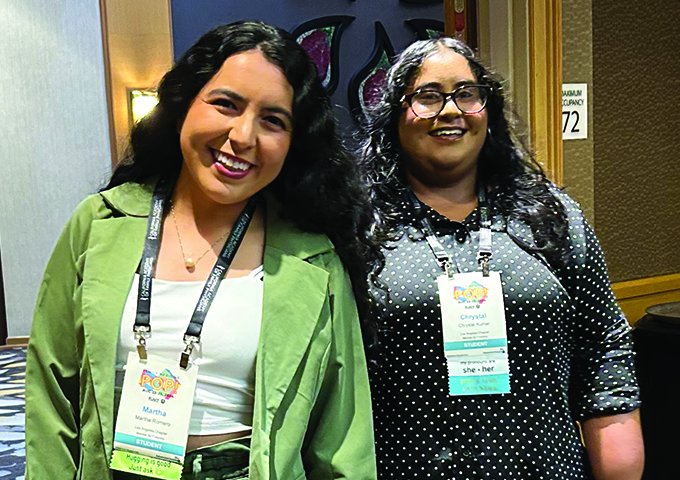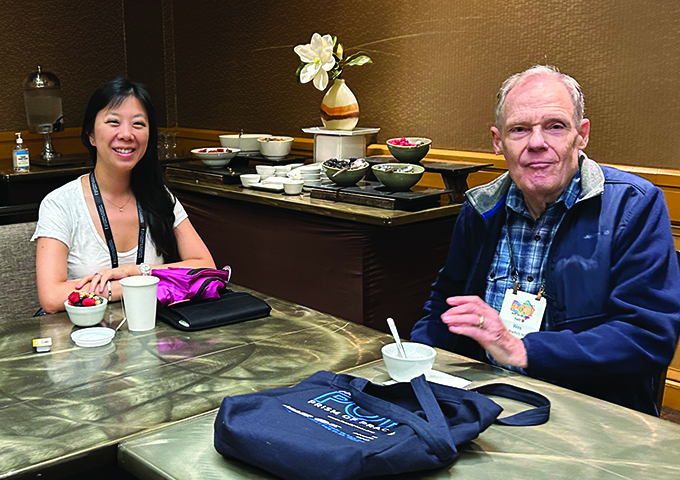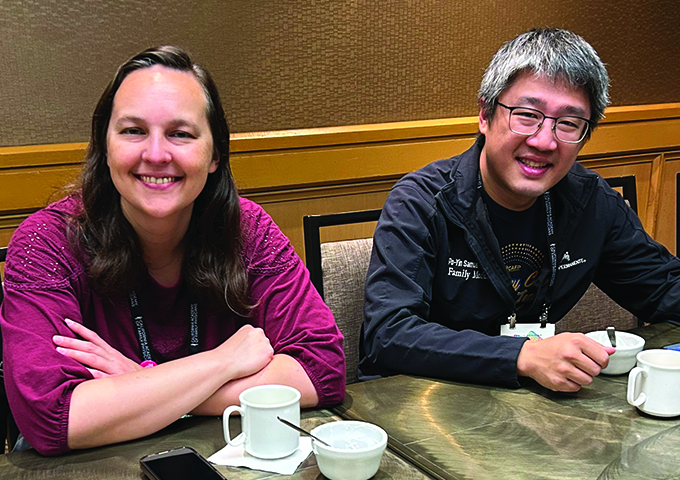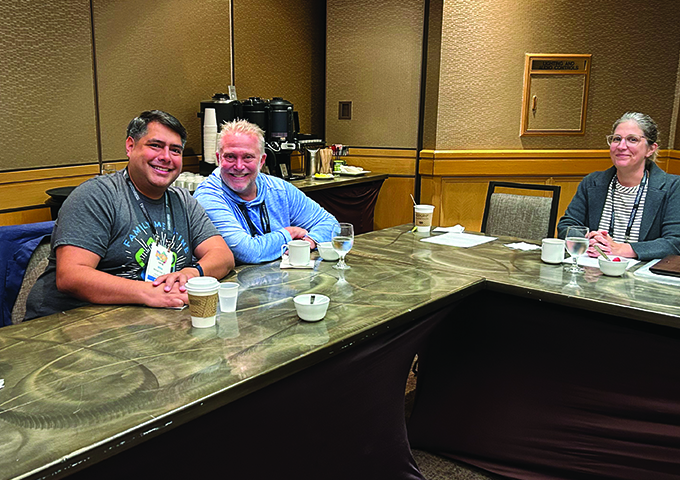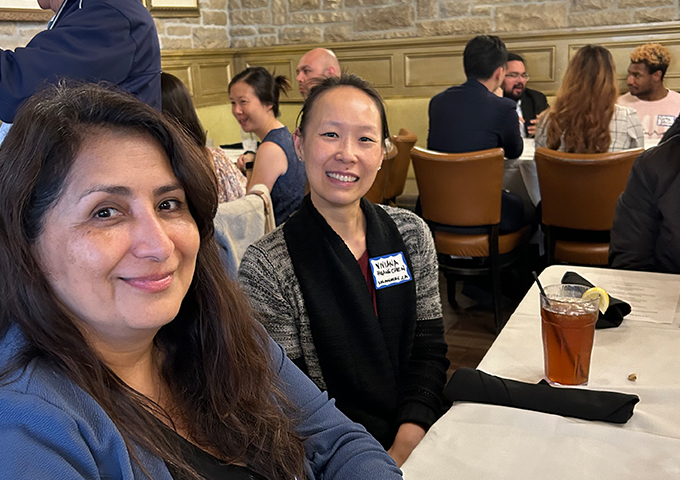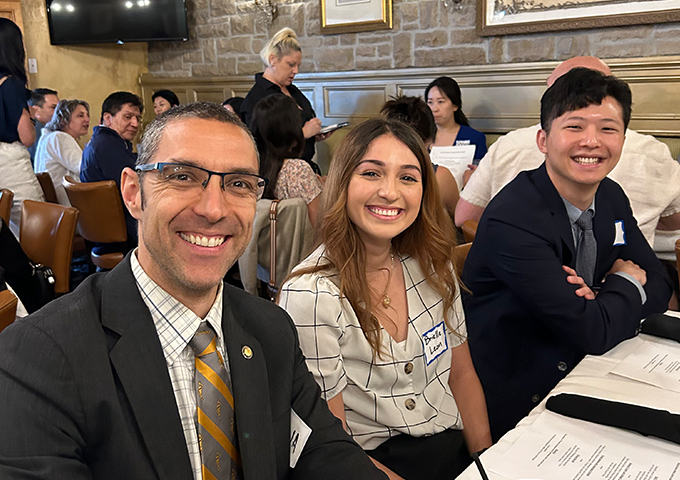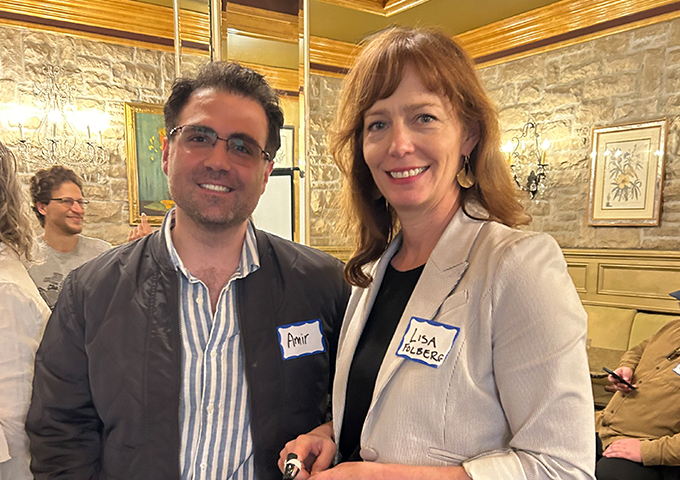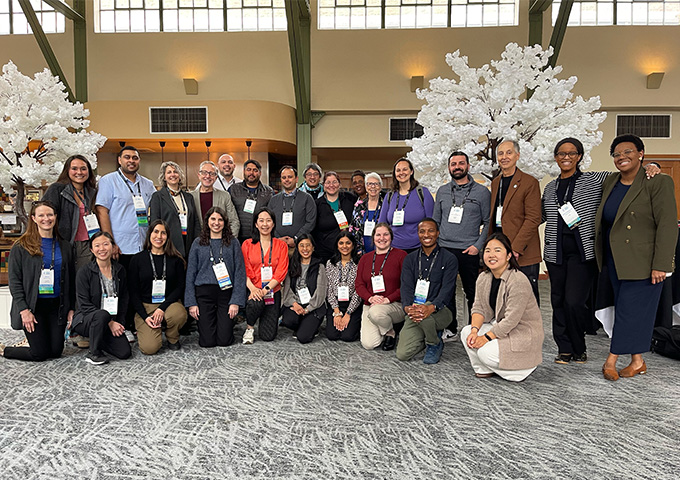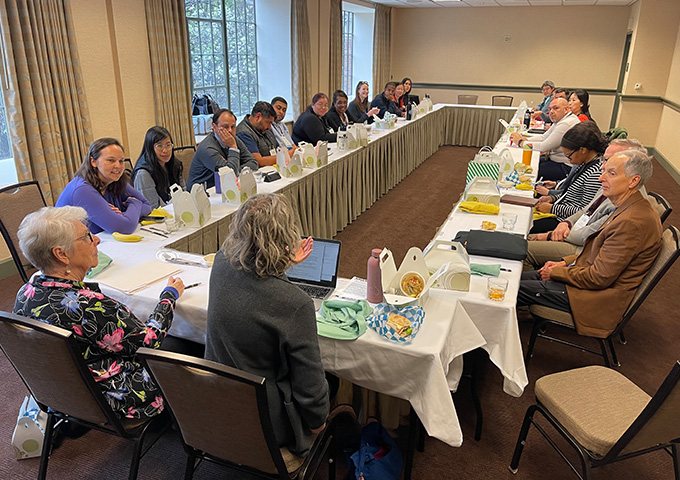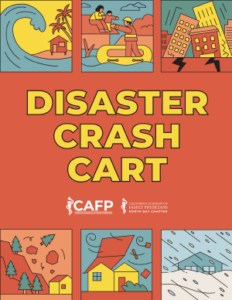Doing a Post-Pandemic Reset
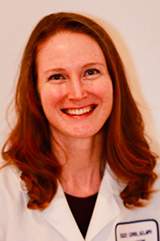
Stacey Ludwig, MD
The past few years have been uniquely challenging for family physicians. We initially met the challenge of navigating the COVID-19 pandemic through greater reliance on technology and telemedicine to try to provide care for our patients at a safe distance. Post-pandemic, we now face a medical field that has forever changed. We are facing pressures to provide both virtual and face-to-face access with a population that has become sicker with more unmanaged chronic disease due to reduced health care access during the pandemic. As we work to both catch-up on missed patient care and to keep up with our patients’ current medical needs, it is not unusual to feel spread thin and exhausted. We saw colleagues retire early and even some who sadly burned out and left the field. We now have to work as a profession to meet the challenge of addressing our patients’ needs in a new multimodal system, while also working to make that system sustainable, rewarding, and caring to its physicians as well.
In my own practice as an urgent care physician at the Kaiser Permanente, Los Angeles Medical Center, I have seen firsthand the benefit of face-to-face care that will never be equally replaced by technology. It is the healing touch of a hand on the shoulder or a hug for a patient who is mentally and emotionally struggling that can never be replicated through virtual care. It is the hands-on exam that allows you to feel the abdominal fullness that is later diagnosed as a metastatic ovarian tumor.
As much as the COVID-19 pandemic moved us forward technologically, it also served as a testament of the value we bring as family physicians. The medical system and society at large saw and felt the impact of reduced access to primary care. We saw the delayed diagnoses, the increase in hospitalizations and deaths with unmanaged chronic disease. Our value and contribution are irrefutable. It is with this confirmation and knowledge that we must continue to advocate for fair reimbursement for all family physicians to keep our practices strong and viable. We must continue the battle to reduce administrative burden in order to allow more time to be present with our patients. But as we continue this fight, we must unapologetically set our own personal limits.
Our patients value us, but if we push ourselves to work in an unsustainable manner, there will inevitably be a point that a limit is met when we have too far compromised our own mental and physical health. I ask you to set a sustainable limit for yourself and stand by it. We have autonomy and we must use it. I once heard that loss of autonomy is the strongest predictor of burnout. This has stuck with me. I personally felt the healing impact of autonomy when I was struggling with burnout and I requested to leave a half day early. My boss honored my request. It was four hours of increased personal time and a chance to breathe but the benefit far exceeded those four hours when I left feeling heard, honored, and respected by my boss. We must advocate for our work environment to respect and uphold our autonomy. If you are in a position of leadership, please try your best to honor reasonable requests for limits. It will pay you back in dividends. If you are not in a position of leadership, you are still invaluable and worthy of having a sustainable, caring practice. Please do not fear respectfully voicing your needs and claiming your autonomy. It is with continued advocating, listening, collaborating, brainstorming, innovating, and caring for both our patients and ourselves that we will help family medicine fulfill its complete potential. Through the Los Angeles Academy of Family Physicians and the California Academy of Family Physicians, I look forward to the ongoing progress I know we will achieve through the power of our voices.

